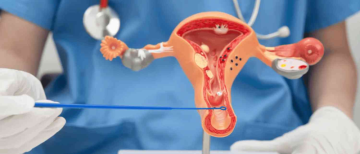Menopause usually happens to women between 45 and 55 years old. A woman can't have children after a certain age because of a natural change in her body. The menopause can be harder for some women than for others, and it can lead to different health issues.
Early menopause (POI)?
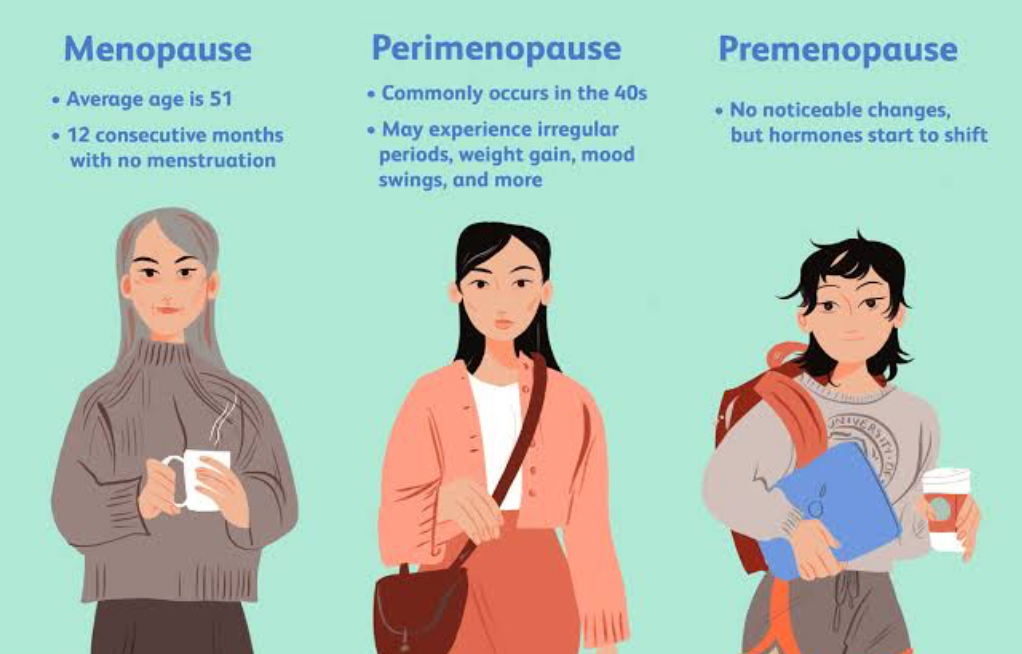
When a woman's ovaries stop functioning properly before turning 40, she experiences early menopause, also known as POI in medicine. This results in low levels of oestrogen and progesterone. Periods stop, and a normal pregnancy is impossible. POI is very rare—about 1% of women will get it—but it can be extremely harmful to your health.
The beginnings of menopause
Women with POI have not had their period for at least 12 months before turning 40. These are some more well-known signs:
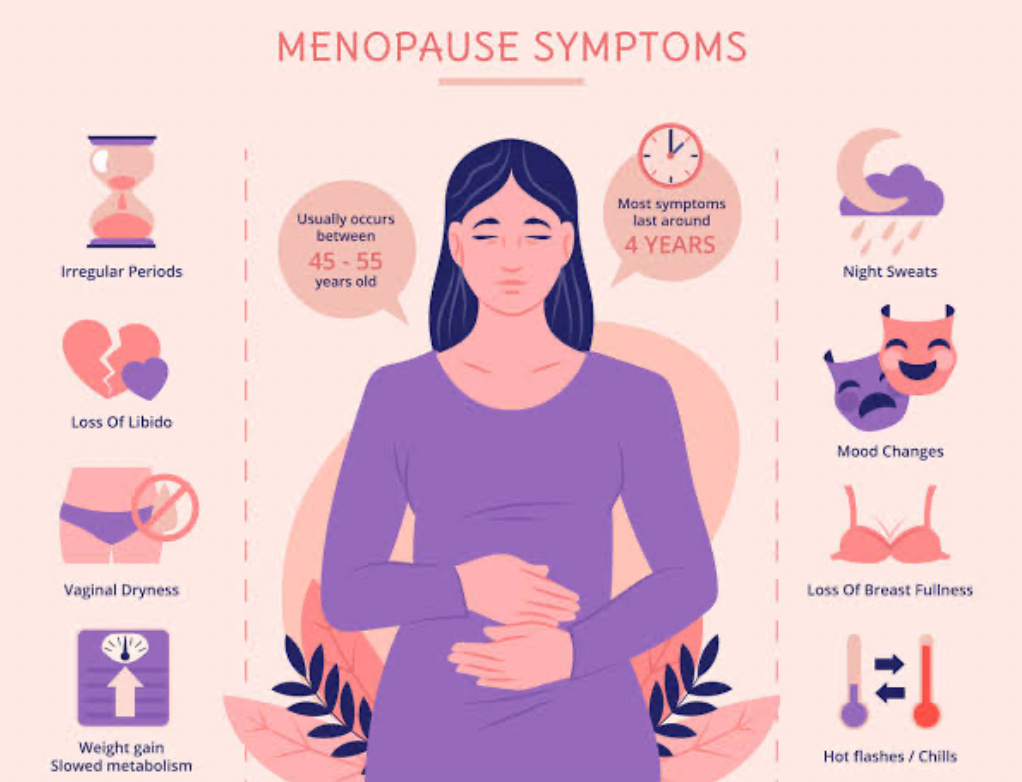
- Nighttime itching and sweating sensations
- Vaginal dryness
- Having trouble sleeping
- Having bad moods and being extra cranky
- Lack of lust
- Inability to focus
- Breasts hurting
What makes menopause start early?
A lot of the time, the exact reason for POI is still unknown. However, here are a few things that can help it grow:
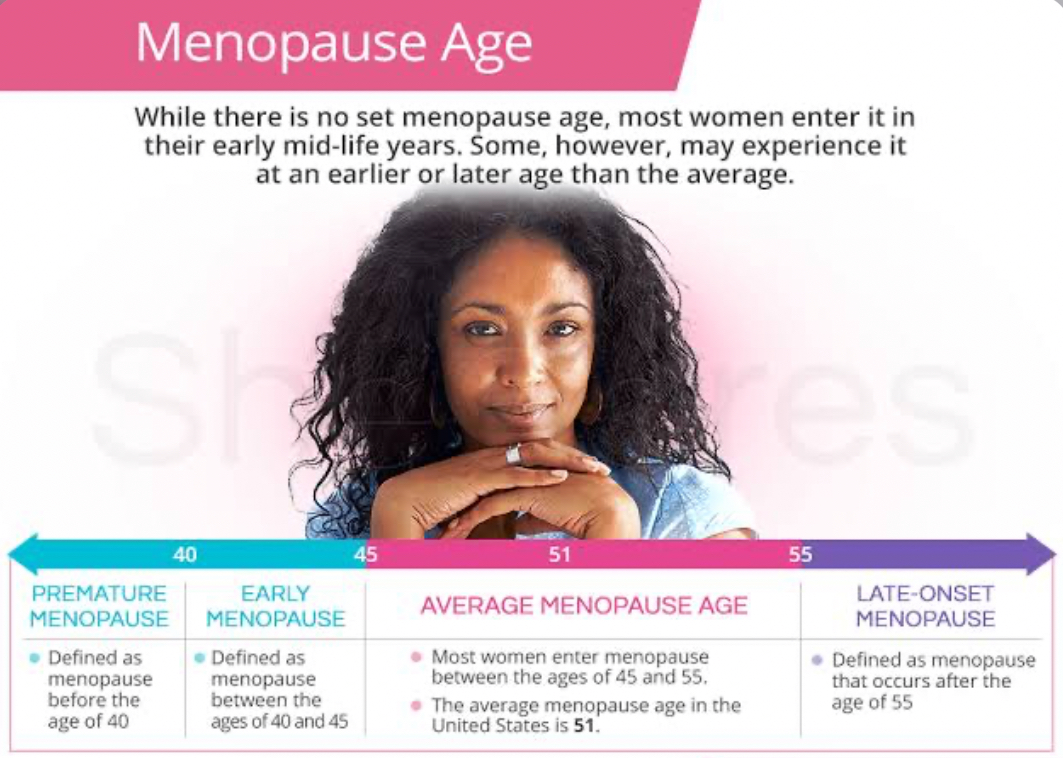
- Autoimmune illnesses include: The body's immune system sometimes accidentally strikes healthy ovarian tissue.
- Personality traits: There are some genetic factors that can make the risk of POI higher.
- Care for the body: Having surgery on the ovaries, like a hysterectomy or chemotherapy, can damage them and cause early menopause.
- Some diseases are: Sometimes, viral or bacterial illnesses can make the ovaries not work right.
Health risks rise with early menopause
A new study shows that going through menopause early may make you more likely to have a number of health problems. A large study conducted by the University of Oulu in Finland revealed that women with POI were:
- They are more than twice as likely to die too soon from any cause, even heart disease.
- Women with ovarian cancer are four times more likely to die than women whose ovaries work normally.
The results highlight how crucial it is to identify POI early and manage it effectively to reduce health risks.
There is a link between premature menopause and cancer: It's complicated and unclear why POI is associated with a higher risk of cancer. Here are a few possible reasons:
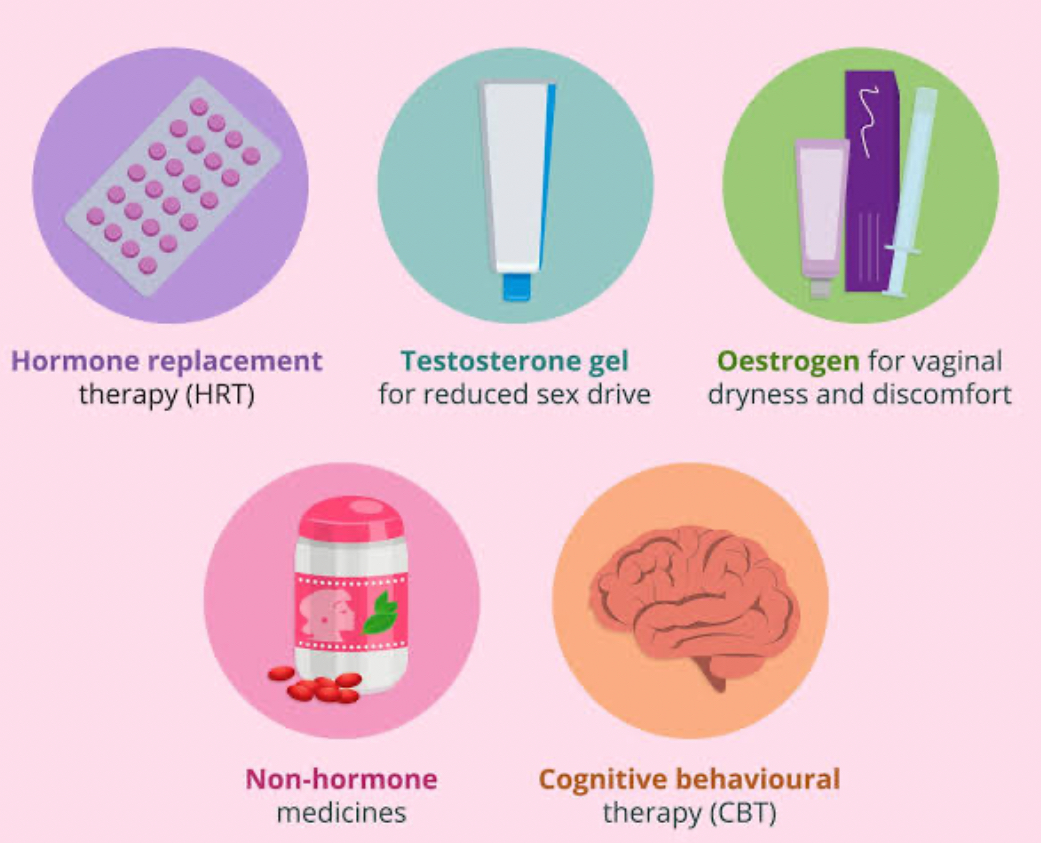
- Chronic lack of estrogen: Oestrogen is a very important hormone for controlling how cells grow and form. Lack of oestrogen may cause cells to divide out of control in POI, which could eventually lead to cancer.
- More eggs are being released: It's possible that women with POI have had more pregnancy events before they hit menopause. Some cancers, like ovarian cancer, may be more likely to happen if you ovulate more often.
- Genes that increase your likelihood include: Genetic factors that can lead to POI may sometimes also make someone more likely to get certain cancers.
Expert opinions on early menopause and cancer risk
Experts emphasize the complex relationship between POI and cancer. Dr. Therese Bevers, who runs the Cancer Prevention Centre at MD Anderson, asserts that menopause does not cause cancer. But getting cancer is more likely as you get older, and women going through menopause are naturally older, which makes their general risk of getting malignancy higher.
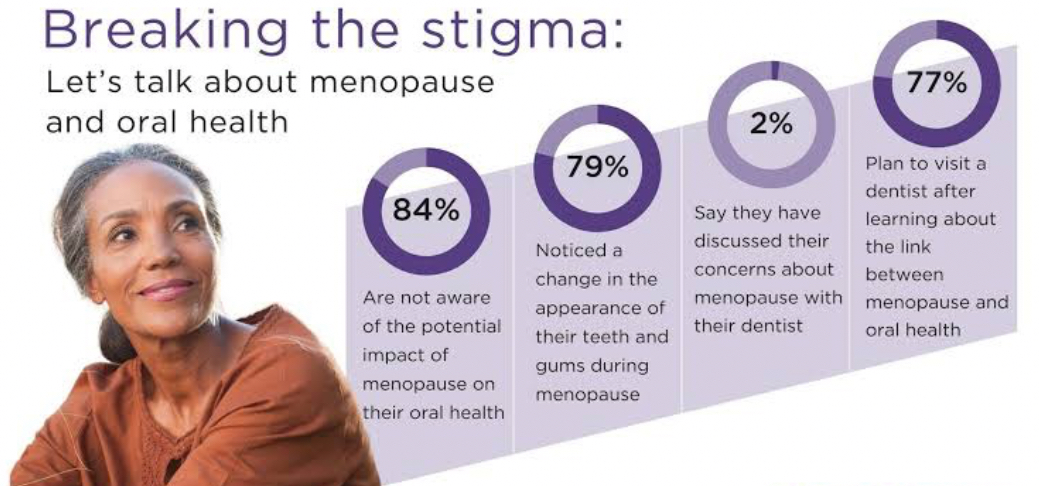
The age at which a woman goes through menopause can also change her chance of getting cancer, says Dr. Bevers. Because oestrogen stays in the body longer, breast and endometrial cancers are more likely to happen in women who go through menopause after age 55.
Taking care of early menopause
There is no cure for POI, but there are a number of treatments that can help handle symptoms and possibly lower health risks.
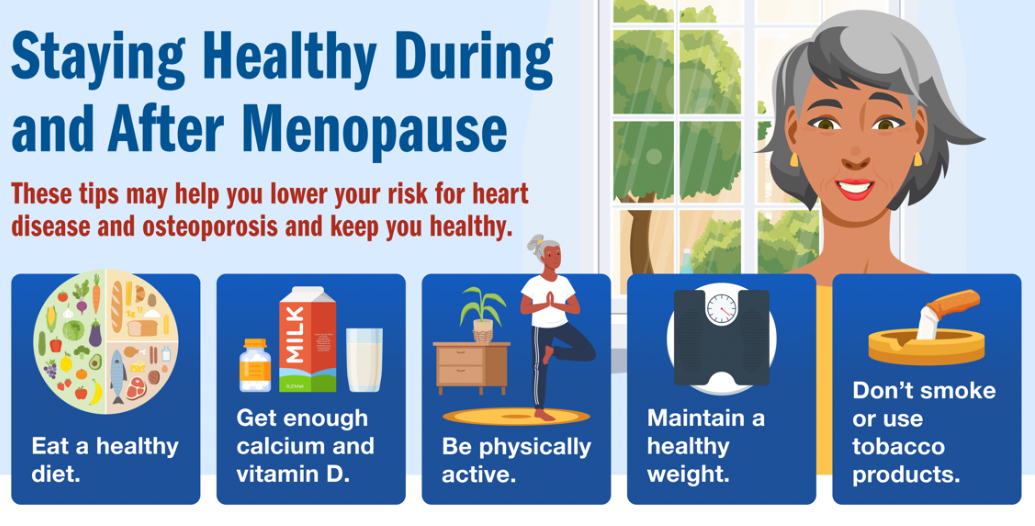
- Replacement therapy for hormones (HRT): HRT, which contains oestrogen and rogesterone, can help with hot flashes, vaginal dryness, and mood swings. However, it's important to talk to a doctor about the pros and cons of HRT because it may slightly raise the chance of some cancers.
- Lifestyle changes: Keeping a healthy weight, exercising regularly, eating a balanced diet, and learning how to deal with stress can all make a big difference in your general health and may even lower your risk of getting cancer.
- Regular cancer checkups: Women who have a family history of cancer should prioritize screening for cancers such as breast, ovarian, and uterine cancer. Early discovery is critical for treatment success.
In the end,
Menopause that starts too early is a big worry, and women who are going through it should know about the risks, especially the higher risk of getting cancer. If people want to be healthy and happy in the long term, they should catch cancer early, take care of their symptoms correctly, and focus on ways to avoid getting tumors, like living a healthy life and getting regular checkups.
Image Source: Multiple Agencies
Inputs from Agencies
© Copyright 2024. All Rights Reserved Powered by Vygr Media.









